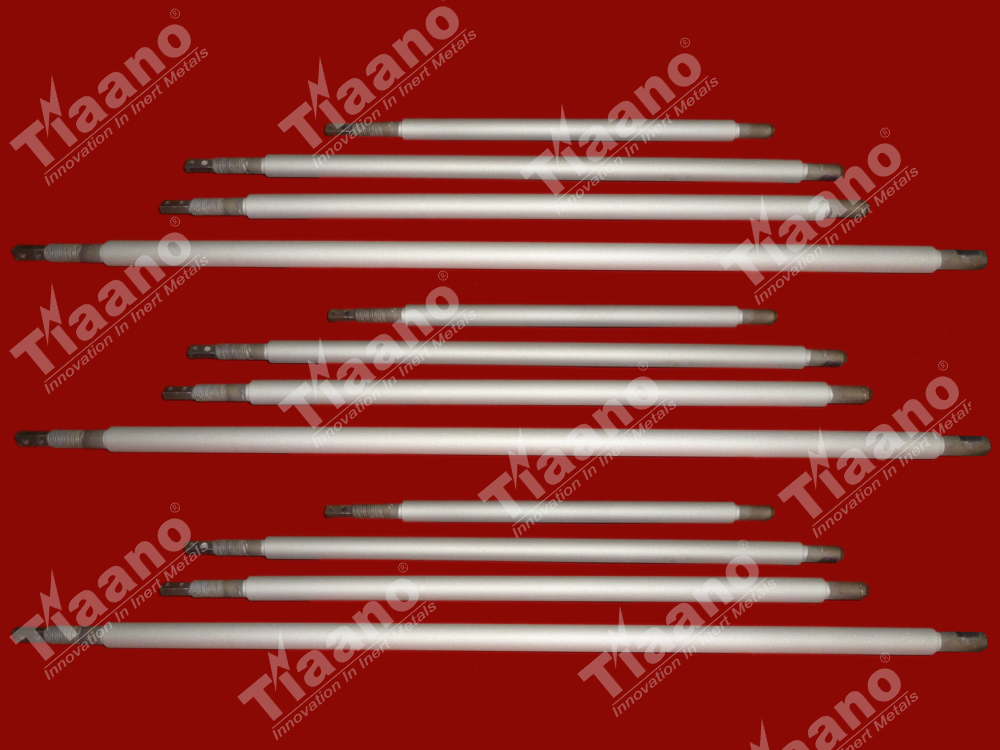Tiaano designed this system to prevent the marine growth to the internal pipe line of ships through the chemical reaction of chlorine compounds which are produced through the electrolysis of seawater.
Effects of Marine Growth:-
The fouling problem arises when barnacles, mussels and other lower forms of marine life as larvae enter pipework systems and settle on the internal surface of pipes where they rapidly grow and multiply.
In the most extreme cases, complete seawater lines can become blocked, affecting the safety and operational capability of the ship, in other instances, the gradual restriction in the flow of seawater through cooling systems can impair engine efficiency, leading to increased fuel usage.
Effect of Chlorine (Sodium Hypochlorite):-
Chlorine is a well-known toxicant. It has been shown that 0.2 to 0.5 ppm of continues electro chlorination will prevent all marine fouling in time. Higher than 0.5 ppm might produce the corrosion of the metallic piping, and other metallic equipment.
A trace residual discharge will insure the killing of all fouling organisms in a seawater system when constant chlorination is employed. It should be emphasized that constant chlorination is the best method for safe and efficient fouling and bacteria control.
Alongside these principal reactions which bring about the production of sodium hypochlorite, secondary reactions occur due to the actions which are present in seawater such as calcium and magnesium, forming hydrates and carbonates.
Sodium hypochlorite solution leaving the generating chamber is piped to the chlorine injection pinots situated on the sea chests to be mixed with the incoming sea water flow.
Then the chlorine active contained in the solution oxidizes the organic substances found in sea water.
The adult organisms, for example mussels, are able to resist the effects of chlorine active by closing themselves inside their shells. However unable to feed they will not settle in an environment where chlorine active is present.
Advantages of using MGPS:-
1. Based on the electrolytic principle, providing continues and reliable protection from marine growth without the use of chemicals.
2. A dual system combining pipework anti fouling and corrosion suppression
3. Environmentally safe, meets all environmental protection standards
4. Reduces energy consumption
5. Maintains plant and equipment at high efficiency
6. Reduces cleaning cost of pumps, pipes, valves, sea chests, gratings, heat exchangers, etc
7. Improved Heat transfer in heat exchangers
8. Increase life span of plant and equipment
9. Provides continues maintenance free protection for years
10. Lower capacity and operating costs than any competing technology.
